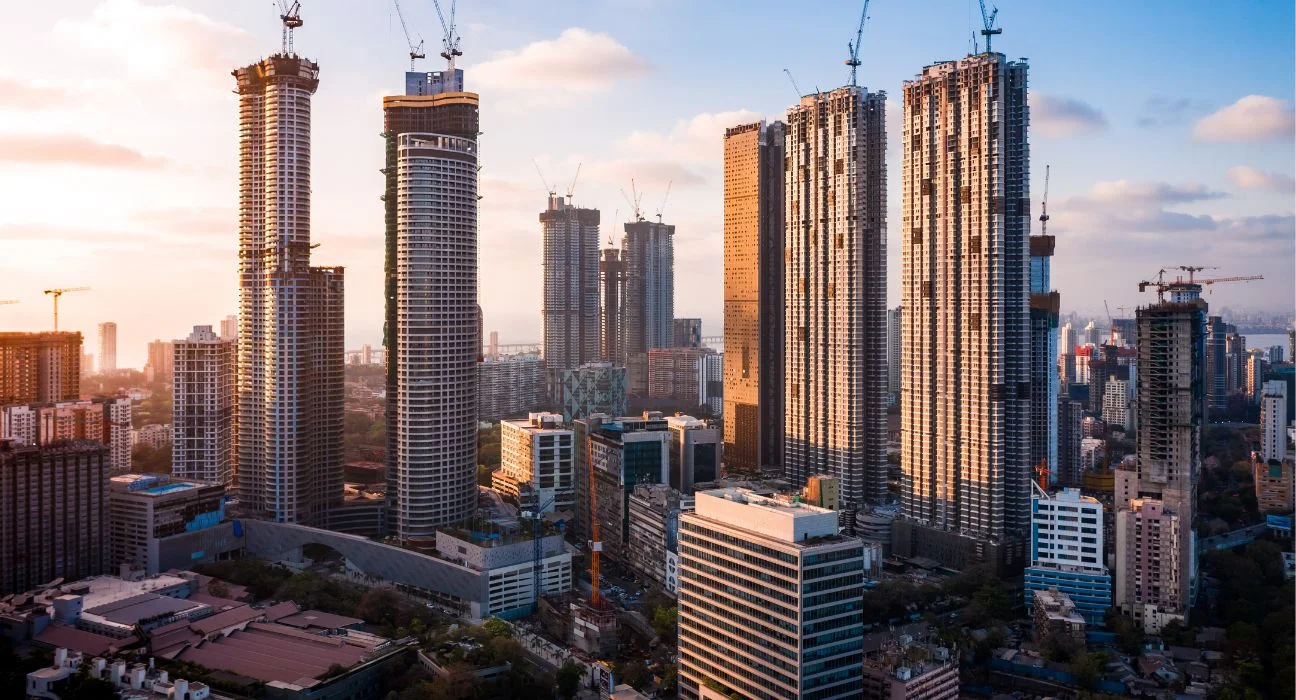Urbanization has brought modern conveniences, economic opportunities, and cultural exchange, but it has also introduced significant mental health challenges. Rapidly growing cities in Asia, Africa, and Latin America are witnessing increased rates of stress, anxiety, and depression among residents.

One major factor is overcrowding. Densely populated urban areas often lead to noise pollution, limited personal space, and increased competition for jobs and housing. Social isolation, paradoxically, is common even in cities full of people. Long commutes, poor work-life balance, and economic pressures exacerbate stress levels.
According to the World Health Organization, urban residents are twice as likely to experience anxiety and depression compared to their rural counterparts. Mental health services often struggle to keep up with rising demand, particularly in developing nations.
Experts recommend multifaceted solutions, including better urban planning, accessible green spaces, community engagement programs, and expanded counseling services. Individuals are encouraged to maintain healthy routines, seek social connections, and practice mindfulness techniques.
While cities offer opportunities, they must also invest in mental health infrastructure to ensure that urban growth does not come at the expense of residents’ well-being.



